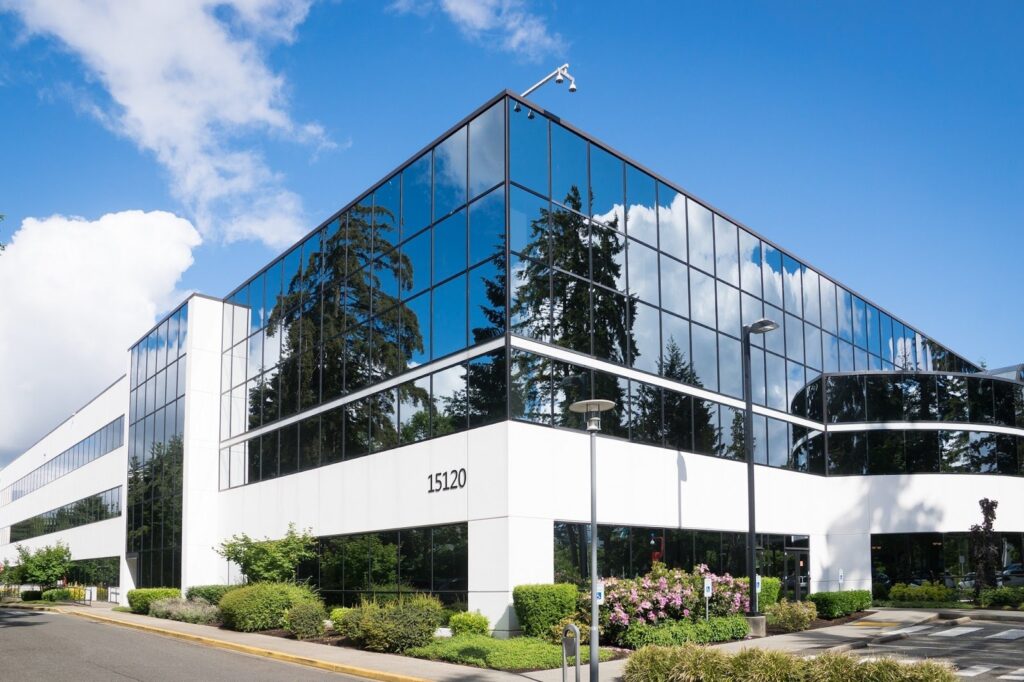Commercial real estate has always been a lucrative investment option, providing a steady stream of income for investors. However, just like any other asset class, commercial real estate is subject to market fluctuations, and some of these changes can be sudden and drastic. According to recent market analysis, commercial real estate interest or cap rates may take a significant hit in 2023, leading to a potential downturn in the market.
As a real estate investor, it is crucial to stay up-to-date on market trends and prepare for potential risks and opportunities. In this article, we will explore the reasons behind the potential decline in commercial real estate interest or cap rates and discuss how investors can prepare for this trend.
Understanding Commercial Real Estate Interest and Cap Rates:
Before we dive into the potential risks and opportunities associated with the potential decline in commercial real estate interest or cap rates, let’s take a moment to understand these terms.
Commercial real estate interest rates refer to the cost of borrowing money to finance commercial real estate projects. The interest rate determines the amount of money that borrowers will need to pay back to lenders over time.
Cap rates, on the other hand, refer to the rate of return on investment that commercial real estate investors can expect. Cap rates are calculated by dividing the net operating income (NOI) of a property by its market value. In other words, cap rates represent the potential return on investment that investors can expect based on the income generated by the property.
Reasons Behind the Potential Decline in Commercial Real Estate Interest or Cap Rates:
There are several reasons why commercial real estate interest or cap rates may experience a significant decline in 2023. Some of the most notable factors include:
- Rising Interest Rates: The Federal Reserve has indicated that it may increase interest rates in the near future to combat inflation. Higher interest rates make it more expensive for borrowers to finance commercial real estate projects, which can lead to a decline in demand for properties.
- Oversupply of Properties: In recent years, there has been a surge in new commercial real estate developments across the United States. As a result, some markets may become oversaturated with properties, leading to increased competition and lower demand.
- Economic Uncertainty: The COVID-19 pandemic has disrupted global economies and created a sense of uncertainty for investors. As a result, many investors may be hesitant to make significant investments in commercial real estate until there is more clarity on the economic outlook.
Potential Risks and Opportunities for Investors:
The potential decline in commercial real estate interest or cap rates poses both risks and opportunities for investors. Some of the most notable risks include:
- Decreased Property Values: If interest rates rise and demand for commercial real estate properties declines, the value of these properties may decrease. This could result in lower returns for investors who are holding onto properties for the long term.
- Lower Rental Income: As the competition among commercial real estate properties increases, property owners may need to lower their rental rates to attract tenants. This could lead to lower rental income for investors.
Despite these risks, there are also potential opportunities for savvy investors. Some of the most notable opportunities include:
- Acquiring Properties at Lower Prices: If property values decline, investors may have an opportunity to acquire high-quality commercial real estate properties at lower prices than they would otherwise. This could provide a significant return on investment over the long term.
- Investing in Alternative Asset Classes: As commercial real estate interest or cap rates decline, investors may look for alternative asset classes that can provide a steady stream of income. Some examples of alternative asset classes include real estate investment trusts (REITs), private equity, and venture capital.
How to Prepare for the Potential Downturn in Commercial Real Estate Market:
If you’re a real estate investor, it’s essential to prepare for the potential downturn in the commercial real estate market. Some steps you can take include:
- Diversify Your Portfolio: Diversification is essential to any investment strategy, and it’s especially important in a volatile market. Consider investing in a mix of asset classes, including stocks, bonds, and alternative investments, to reduce your overall risk.
- Focus on High-Quality Properties: In a market downturn, high-quality commercial real estate properties tend to perform better than lower-quality properties. Focus on investing in properties that have strong cash flows, low vacancy rates, and a stable tenant base.
- Keep an Eye on Interest Rates: Rising interest rates can have a significant impact on the commercial real estate market. Stay up-to-date on the latest news from the Federal Reserve and be prepared to adjust your investment strategy accordingly.
As with any investment, there are risks and opportunities associated with investing in commercial real estate. In 2023, commercial real estate interest or cap rates may take a significant hit, which could lead to both risks and opportunities for investors.
To prepare for this potential trend, real estate investors should focus on diversification, investing in high-quality properties, and keeping an eye on interest rates. By taking these steps, investors can minimize their risk and position themselves to take advantage of potential opportunities in the market.


